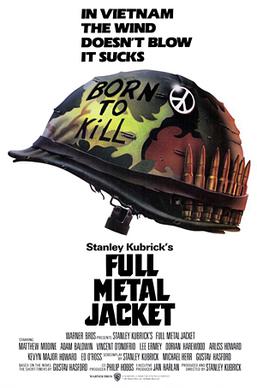
Directed by Michael Bay, 13 hours: The Secret Soldiers of Benghazi, is based off a book which was then based off the true conflicts in Benghazi.
SPOILER WARNING!
The movie starts with introducing the setting, "The opening text states that there were over 200 American outposts in Libya until 2012. Following the 2011 civil war, the deposition and execution of dictator Muammar Gaddafi, Benghazi became one of the most violent places in the world, forcing the United States to pull their outposts out of there, all except for one called The Annex, which is protected by a team of CIA contractors, the Global Response Staff (G.R.S.)."
(http://www.imdb.com/title/tt4172430/synopsis?ref_=ttpl_pl_syn)
Focusing on a team of 6 soldiers placed in this highly dangerous part of the world, it allows for the audience to grow to care about the dynamic between these men. It even highlights each of the men calling home, by doing this, it creates a sense of sympathy from the viewer to the character. However, in showing this brutality towards characters the audience cares for, does this mean it is an anti-war film or rather a glorification of brutality with the US coming out strong at the end?




The movie introduces the dynamic and set up of the situation at hand, then it moves to present a new security issue. A US ambassador comes to Libya to speak, and his compound needs to be protected. The security detail at hand for the ambassador is presented as a bunch of "newbies" and when the team of 6 goes to check it out they immediately find it lacking The "newbies" ignore the team's warnings about the lack of protection and the audience can then predict from this point that this is where the main issue will happen.
It ends up with the ambassador's compound being brutally attacked, with the main team of 6 fighting the restrictions placed on them to go assist as time runs out for the ambassador and his protection team. After the team finally goes over and salvages what they can, the fight moves to their own top secret compound. Scenes of countless attacks and counter attacks later, the team makes it out alive but not unharmed. The movie ends with a sense of the US prevailing over all and coming out from the battle strong. However, due to the fact that this is a war movie it does not end completely "happily ever after", but rather it also shows the loss of life and destroyed mental states of the people involved.
After I personally watched the movie, walking out of theater my mind was reeling with emotion but also with the thought that, "wow this was based off true events." That, I believe, is the power of the movie, the fact that it had a lasting image in my mind even now weeks after I've seen it.
Besides this, looking at the movie from an analytical standpoint, it does present the middle east as the enemy without giving much info about the true conflict of their country and the issues at hand for the civilians there. However, what I found intriguing in what they DID show, was that there were civilians going about their daily lives watching television while the brutality happens around them and they seem completely desensitized to any of it. That itself was powerful to us, the audience, because we were all shocked and disturbed by the violence. Then we were shocked to see how normalized violence is there that the civilians are unaffected by it. It causes the audience to compare that lifestyle to their own, which I did.
Overall, the movie did a good job of providing that patriotic spirit while showing the troubles of another country. However, I do not find that the violence shown in 13 Hours is a well enough deterrent towards violence in general, but rather it shows that US violent force is necessary although there are repercussions. This is more understandable because the movie was meant as entertainment rather than a documentary of what truly occurred on a factual basis. Moving on towards future outlooks on entertainment, a viewer should keep in mind the medium, genre, and the emotions that come from it. Thinking about how entertainment affects you makes you more alert to how your mind is being controlled by the media.
Violence presented in the media has an everlasting control on the mind of the subject viewing it, whether it's presented as negative or positive is where the issue comes to play.
13 hours presents violence from the US as necessary, while violence from the people of Libya is negative.
It's all about the presentation of the facts.




